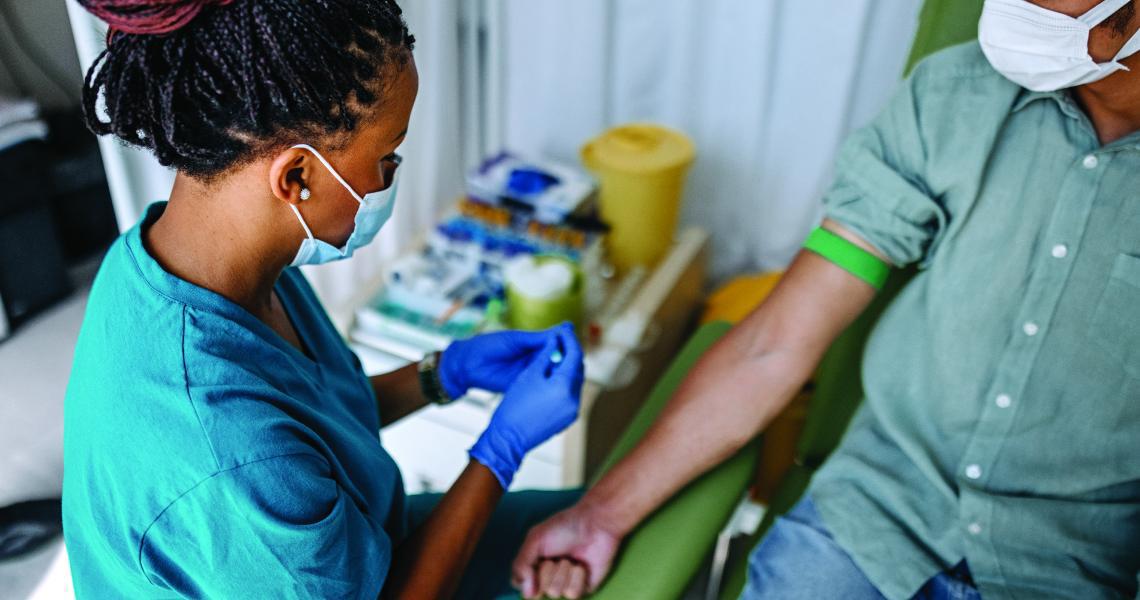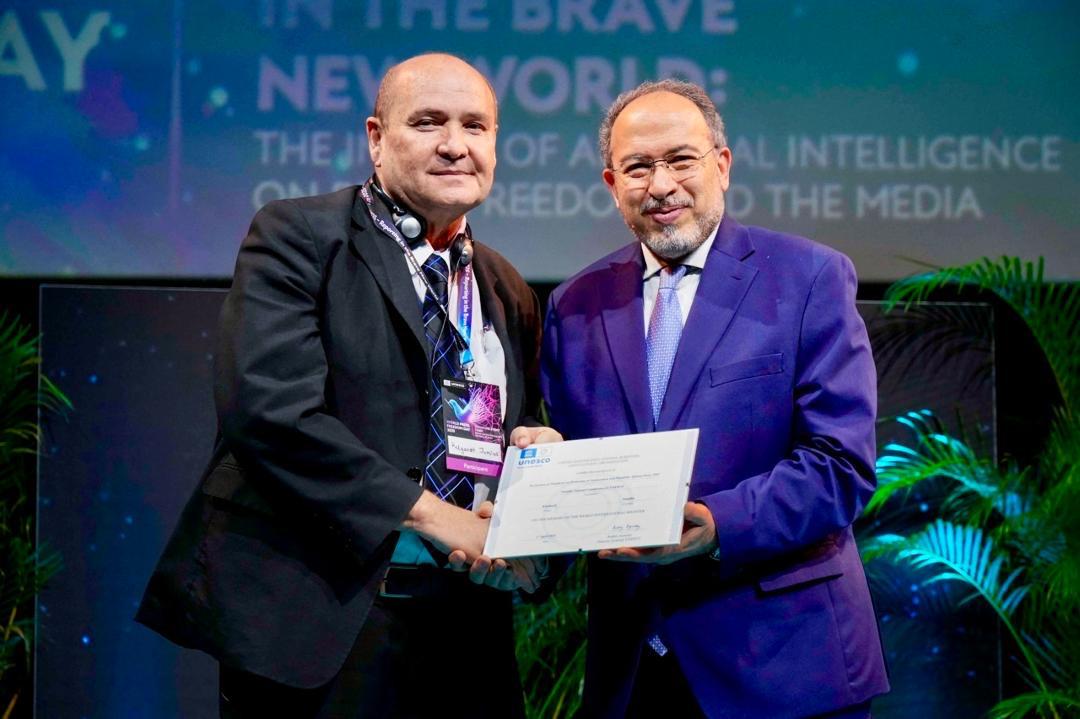IN 2000 Eugen and Angelica Gehr left their hotel in Germany and moved to a farm in Namibia.
Here they found a field full of prickly pears and thought it a shame that this fruit was just wasting away each year. In 2005 they started making schnapps and liqueur from the prickly pears.This handmade Namibian product quickly established itself in the market and became popular with tourists at lodges and in hotel bars.Last year Gehr started experimenting further, as there were a few lemon trees on the farm, and soon a second line of lemon schnapps and liqueur was in production.Although the trees on the farm produce some of the fruit needed, most of the lemons are from neighbouring farms and friends’ gardens.This schnapps is made by hand from beginning to end.First the lemons are picked and squeezed.”At first we used to manually squeeze the lemons but soon they became too many and I decided that we desperately needed an electrical squeezer.Now we get the work done in half the time,” says Eugen.The juice is then poured into vats and yeast is added to start the fermentation process.After about six weeks the pulp is distilled.The liquor is distilled twice to ensure the highest quality and to reduce the alcohol content to 40 per cent.The lemon peels are soaked in 80 per cent alcohol, which takes on the colour and fragrance of the peels.After about eight weeks this is added to the schnapps, which gives it a lovely light-yellow colour and a very lemony flavour.The schnapps is also mixed with lemon syrup to reduce the alcohol percentage to 20 per cent and make a sweeter, softer lemon liqueur.Schnapps production on the farm is from May to July, when both fruits are ripe.Normally four farmworkers help with the production during this time.All the fruit is grown organically.This year the lemon harvest was not as high as the Gehrs had hoped for, as fruit fly did a lot of damage to the fruit.The prickly pear harvest was also less, as the late rains this year hampered the growth of the fruit.”We are a very small business but very proud that our product is 100 per cent Namibian, made by Namibians,” says Gehr.People wanting to buy the products can phone Gehr at (067) 30 6261.In 2005 they started making schnapps and liqueur from the prickly pears.This handmade Namibian product quickly established itself in the market and became popular with tourists at lodges and in hotel bars.Last year Gehr started experimenting further, as there were a few lemon trees on the farm, and soon a second line of lemon schnapps and liqueur was in production.Although the trees on the farm produce some of the fruit needed, most of the lemons are from neighbouring farms and friends’ gardens.This schnapps is made by hand from beginning to end.First the lemons are picked and squeezed.”At first we used to manually squeeze the lemons but soon they became too many and I decided that we desperately needed an electrical squeezer.Now we get the work done in half the time,” says Eugen.The juice is then poured into vats and yeast is added to start the fermentation process.After about six weeks the pulp is distilled.The liquor is distilled twice to ensure the highest quality and to reduce the alcohol content to 40 per cent.The lemon peels are soaked in 80 per cent alcohol, which takes on the colour and fragrance of the peels.After about eight weeks this is added to the schnapps, which gives it a lovely light-yellow colour and a very lemony flavour.The schnapps is also mixed with lemon syrup to reduce the alcohol percentage to 20 per cent and make a sweeter, softer lemon liqueur.Schnapps production on the farm is from May to July, when both fruits are ripe.Normally four farmworkers help with the production during this time.All the fruit is grown organically.This year the lemon harvest was not as high as the Gehrs had hoped for, as fruit fly did a lot of damage to the fruit.The prickly pear harvest was also less, as the late rains this year hampered the growth of the fruit.”We are a very small business but very proud that our product is 100 per cent Namibian, made by Namibians,” says Gehr.People wanting to buy the products can phone Gehr at (067) 30 6261.
Stay informed with The Namibian – your source for credible journalism. Get in-depth reporting and opinions for
only N$85 a month. Invest in journalism, invest in democracy –
Subscribe Now!










